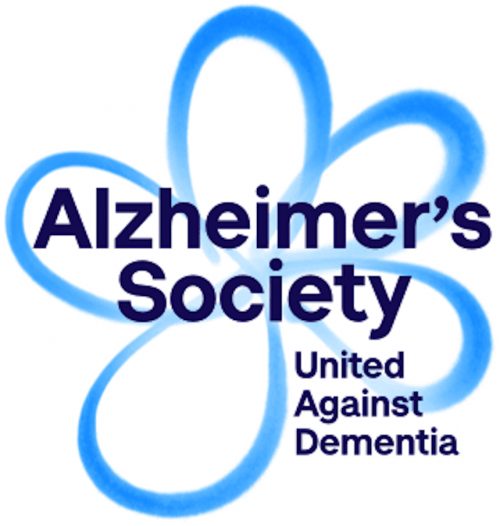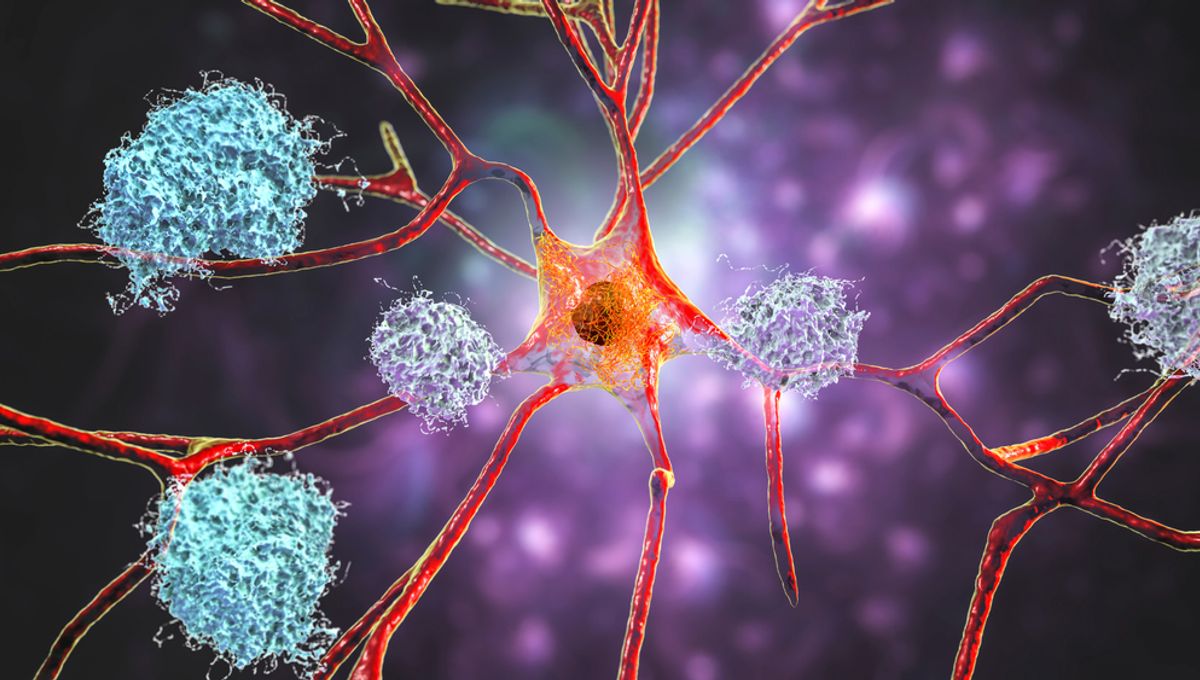From the Alzheimer’s Society
Donanemab is in the headlines as results show the drug can slow down memory and thinking decline in people living with early-stage Alzheimer’s disease. Here’s what we know so far.

What is Donanemab?
Donanemab is currently in the headlines as a drug that appears to slow down memory and thinking decline in people living with early-stage Alzheimer’s disease. Here’s what we know so far about this Alzheimer’s drug.
In the last year, we have heard of two new drugs, lecanemab and donanemab, which can slow down the decline in memory and thinking skills of people living with early Alzheimer’s disease.
Does donanemab work?
Donanemab is a disease-modifying treatment. This means that rather than only relieving the symptoms of Alzheimer’s disease, it tackles one of the root causes.
New results released in July 2023 showed that donanemab works better the earlier it is given.
Donanemab slowed how fast memory and thinking get worse by more than 20%. The evidence from the trial suggests that the earlier in the disease the treatment was given, the greater the benefit. This means that there was more slowing in memory and thinking decline in people with fewer changes in their brains associated with Alzheimer’s disease.
This means a delay in the progression of Alzheimer’s disease by 4.5-7.5 months over the 18 months of the trial.
Also after one year on donanemab, nearly half of the people taking it had no decline in memory and thinking skills.

People taking donanemab also had a 40% reduction in the decline of their ability to carry out daily activities, such as managing finance, driving and carrying out hobbies.
These are exciting results, but we don’t fully know what this will mean in the long term for people who have taken donanemab as the trial only lasted 18 months.
Also, 91.5% of the participants in the trial were from a white background, so we need more diversity in clinical trials to prove that these drug treatments will work for everyone with early Alzheimer’s disease. Three promising drugs for treating Alzheimer’s disease bring fresh hope

There are 141 drugs being tested in clinical trials for the treatment of Alzheimer’s disease. 78% of these drugs are designed to try and slow down how quickly the disease progresses. We examine the three most promising drugs, lecanemab, donanemab and remternetug and summarise their journeys so far.There are 141 drugs being tested in clinical trials for the treatment of Alzheimer’s disease. 78% of these drugs are designed to try and slow down how quickly the disease progresses. We examine the three most promising drugs, lecanemab, donanemab and remternetug and summarise their journeys so far.
Is donanemab safe?
As well as testing the effectiveness of donanemab, the clinical trial also tested the safety of the drug, with monitoring for bad side effects.
As with all drug treatments, there have been some side effects associated with donanemab.
These included headaches, reactions to the intravenous drip, and swelling or microbleeds in the brain known to be related to amyloid.
The vast majority of side effects (82.4%) were either mild or were detected in tests but didn’t cause any symptoms
Unfortunately, there were three deaths (0.4% of participants) in the trial related to brain swelling and 1.6% of participants had serious symptoms relating to brain swelling.
Safety will be carefully considered alongside the benefits of the drug by regulatory authorities.
They will decide whether the drug should be made available to people with early stage Alzheimer’s disease.
How does donanemab work?
Donanemab is given to patients intravenously, which means into a vein through a drip bag. It is an immunotherapy drug developed by a pharmaceutical company called Eli Lilly. Immunotherapy drugs are already used in medicine for treating different diseases, like cancers.
They tell the body’s immune system to attack foreign cells or proteins and get rid of them so they can’t cause any more problems. In the case of donanemab, it teaches the immune cells to recognise and remove a protein called amyloid, which builds up in Alzheimer’s disease.
The amyloid protein build-ups are thought to be toxic to brain cells, causing them to get sick and eventually die, leading to the symptoms of Alzheimer’s disease.
Three-quarters of the people taking donanemab had amyloid successfully cleared from their brains by the end of the trial.
TO READ THE FULL REPORT CLICK HERE

